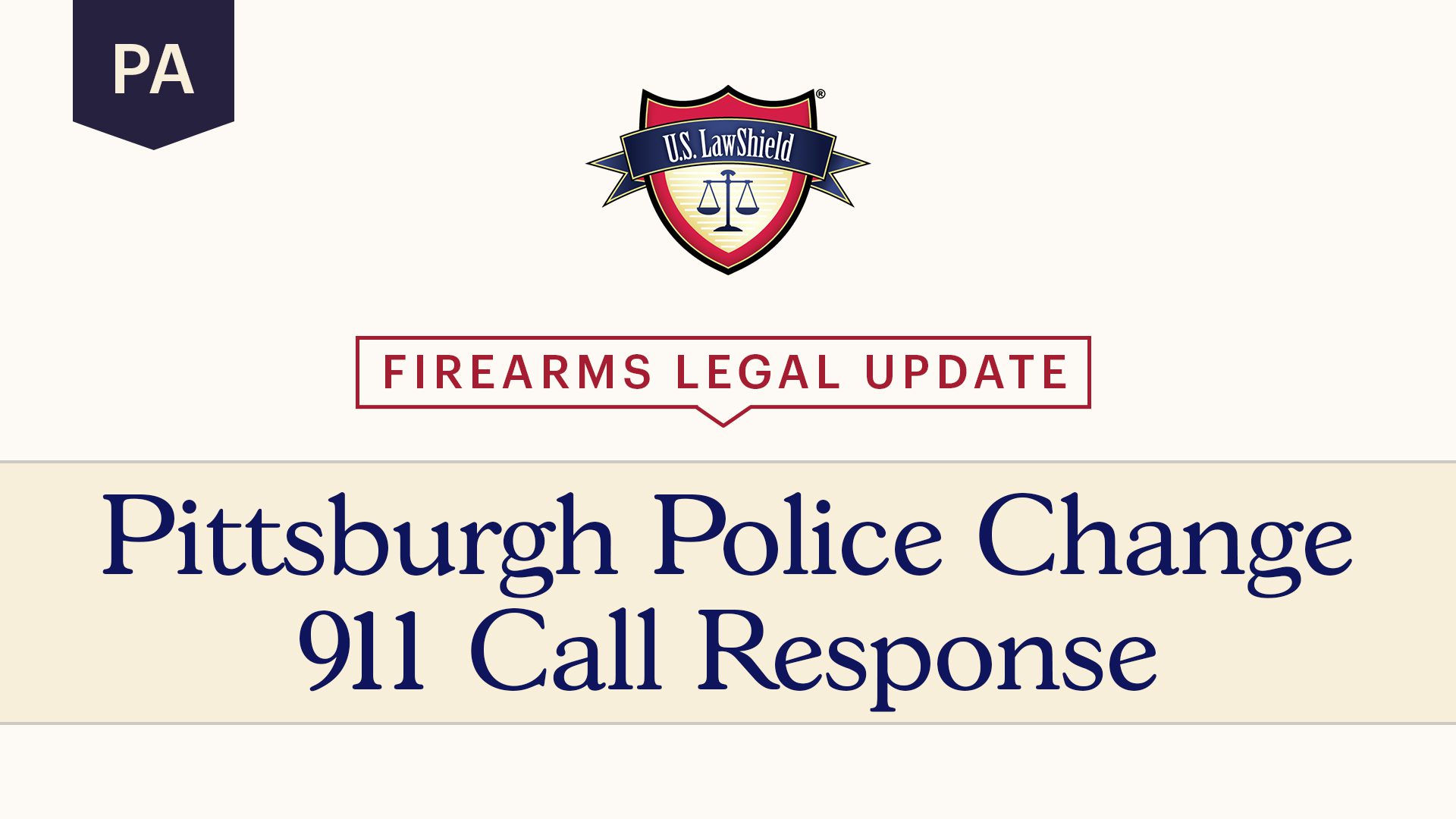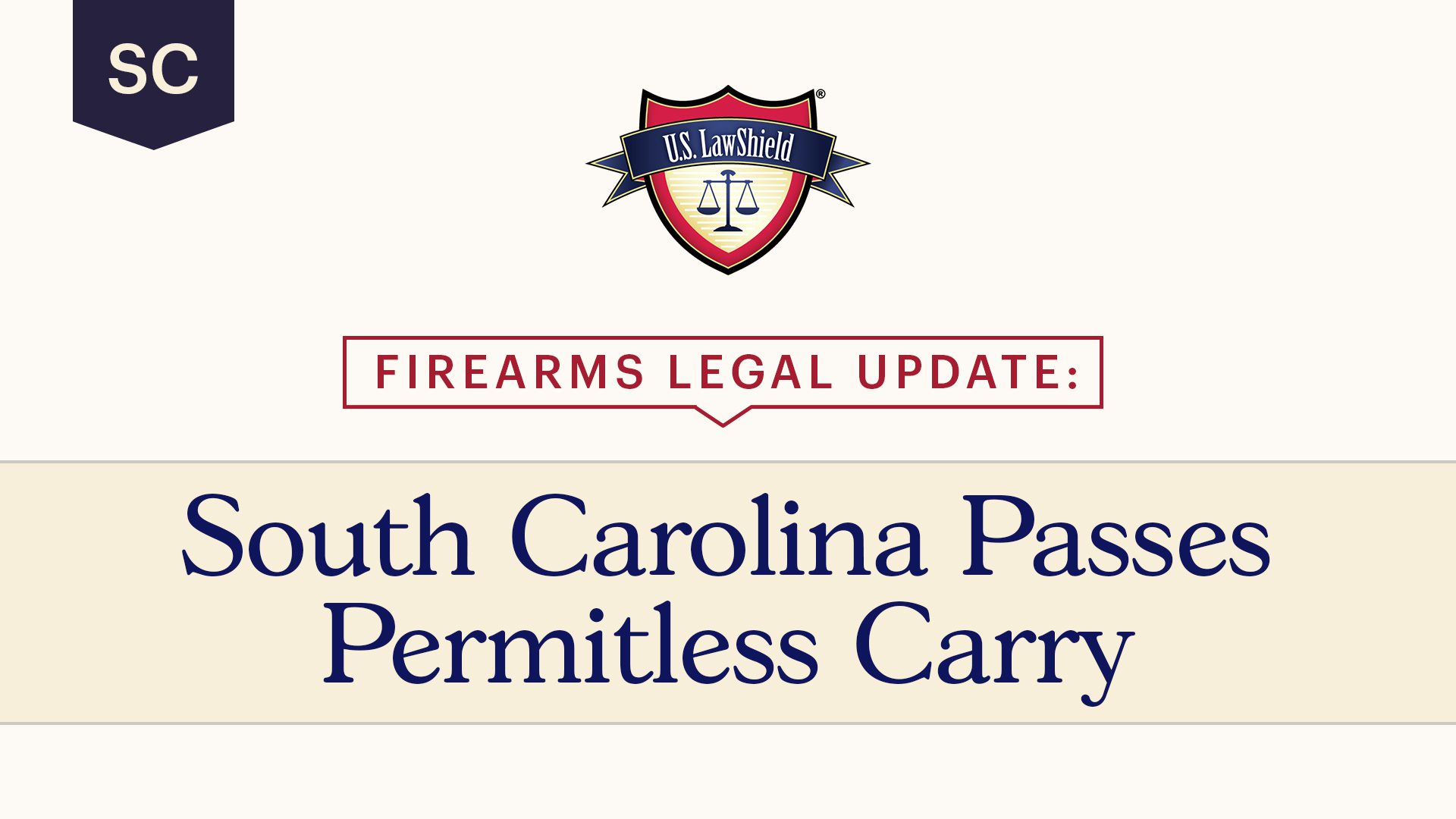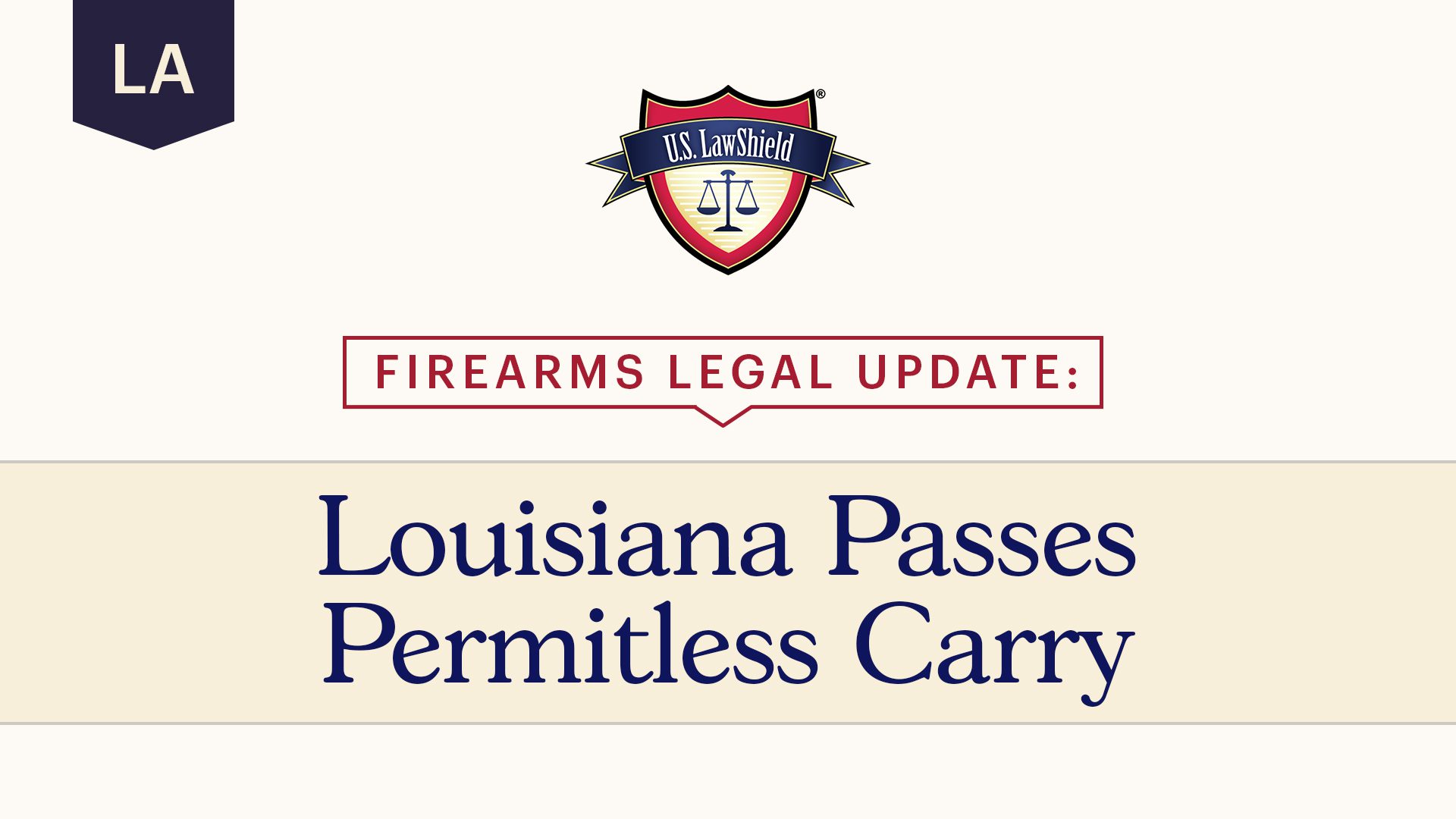The following is a video transcript.
It’s Saturday night. As you reach for the popcorn, you notice the motion sensor lights outside kick on. You look outside. You see a group of teenagers scattering across your front yard, heading for the street. One of them remains standing like a deer in headlights. What can you legally do to stop him from trespassing? Can you teach him and his friends a lesson in the process?
Between the Lines
Let’s start with what you absolutely should not do in Texas: that is, do not go outside and fire a warning shot into the air. If you do, you will most likely be arrested for a serious felony. While you could spend hours searching for the term “warning shot” in the Texas Penal Code, we are here to tell you it is not there. And while there is not a clear statement of Texas law that says, “Fire a warning shot and go to prison,” some courts have determined that they are considered deadly force, and your actions will be judged accordingly.
Texas law defines “deadly force” as force capable of causing death or serious bodily injury. There’s little guidance from Texas case law, but it is safe to assume a prosecutor would argue warning shots or discharging a firearm in the direction of another human being is a use of deadly force, because the round is likely to cause death or serious bodily injury if it strikes someone.
Returning to our trespassers. If you fire that warning shot, regardless of where the barrel is pointed, you will likely be arrested for aggravated assault with a deadly weapon. If you proceed to trial, you would probably not be able to use justification as a defense because you used a higher degree of force than the law allows against a mere trespasser.
Use Force, Not Deadly Force
Now, what should you do in our example? You can legally use force if he doesn’t run away when you tell him to scram. You could also threaten to call his mother or the police, and if that doesn’t deter him, you can physically eject him from your property. Texas Penal Code section 9.41 provides a person the ability to use force, but not deadly force, to terminate a trespass onto your property.
Trespass occurs when a person enters onto or into property knowing the entry is forbidden or remains on the property after being told to leave by someone with authority. Remember, preparation for any scenario is important as a responsible gun owner. In this situation, you should leave the firearm holstered and reach for the telephone first. Let’s leave the warning shots to Hollywood, unless you want to star in a personal production of the Shawshank Redemption.
If you have any questions about your right to defend your property or any other self-defense laws in Texas, call Texas LawShield and ask to speak to your Independent Program Attorney.





What if you are car jacked in a parking lot. You are forced out of your car and forced at gun point to hand over your keys. Would you be allowed as your car drives off to shoot the rear tire and incapacitate your car.
As a former Law Enforcement officer we were always trained that you NEVER fire a warning shot. You have no idea where the round is going or what it is going to hit, so that makes it Reckless Endangerment at the very least. People have shot themselves, family members, children, even dogs. If you have a reason to shoot, you shoot, otherwise keep that gun down and ready.
You do know you can shoot warning shots into the lawn right?
Armed guy drives off with your car and leaves you standing. You are no longer in danger…..call 911……if you shoot your car tire in attempt to stop the armed car jacket good chance he will shoot back….let him go and dial 911……..right ?
Shoot the tire and risk him losing control and killing someone nearby? Good luck with that one. Once he is leaving, your best best is go buy a new car.